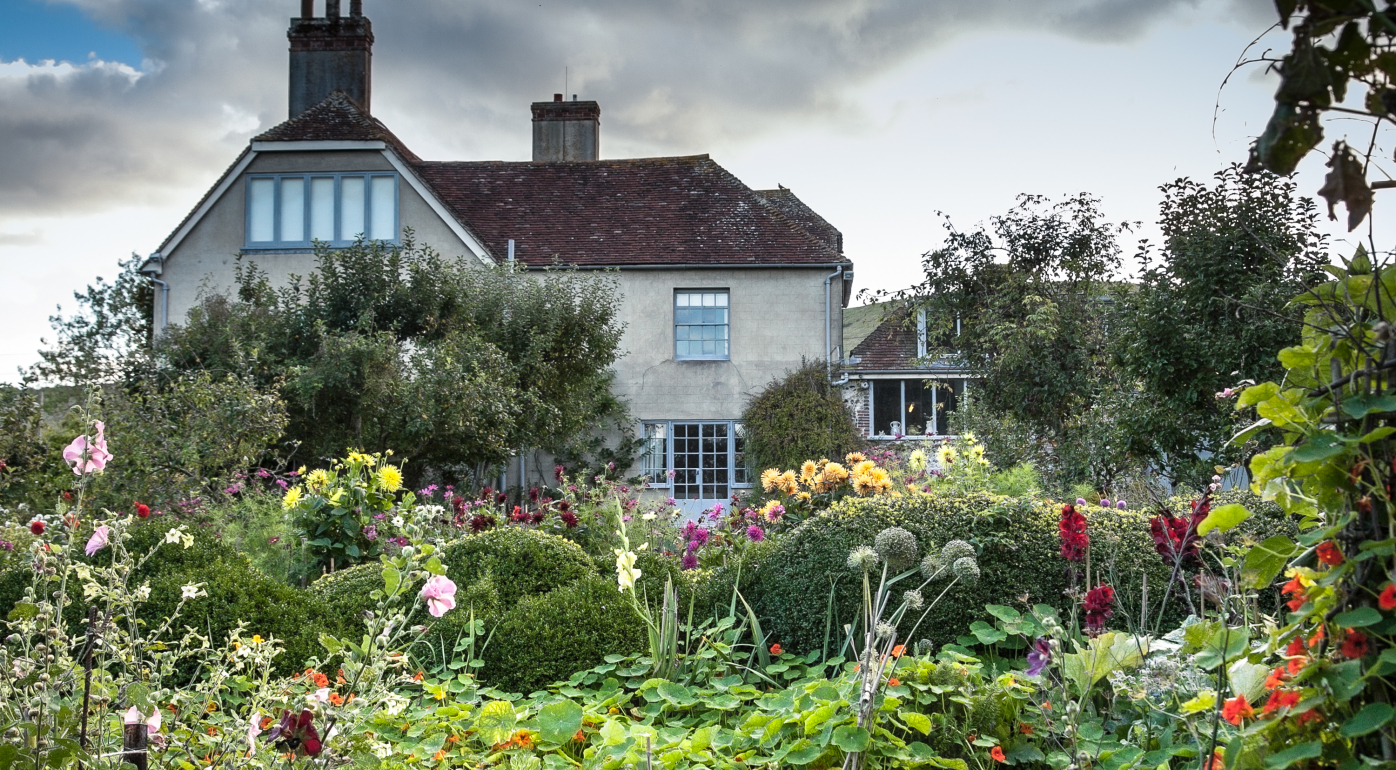How did you come to hear about this opportunity and what inspired you to apply?
Two friends, one a filmmaker and the other a visual artist, both wrote to me on the same day to say “This! Apply!” I hadn’t heard of the festival, but when I read about it I felt an immediate resonance with its mission, its location, the spirit of the place, and I knew I wanted to be there.
Can you give us a brief outline of where you feel you are in your writing career right now, and how the residency fits in with it?
Absolutely. In June of this year my first book – If I Had the Wings – was published by Peepal Tree Press. It took a long time to complete this project, perhaps because I was dealing with the first stories that rise up out of the unconscious wanting to be told, and because really I was learning how to tell stories. I felt very self-conscious, both in terms of my craft and what it is I was trying to say. But now that they are out in the world, I feel a real freedom, and an urgency to take bigger risks in the writing. I’m working on a new story – I don’t know yet if it wants to be a series of short, interlinked stories, or a novel, but the characters are here talking to me. I’m also working on completing a collection of essays on race, specifically on whiteness and the (necessity of) imagination. Lots of ideas swirling at the moment. The residency comes at a perfect time; it feels to me like a rare opportunity to hear what others are saying, to share my work, and to expand my awareness of what is possible in the short story form.
Your debut short story collection If I had the Wings is out now. Can you give us a sense of the kind of themes and considerations those stories reflect?
Sure. As a child I regularly heard a song that was very popular in the Bahamas, “Wings of a Dove.” As Marion Bethel, a sister Bahamian writer pointed out to me, the song takes its lyrics from the Judeo Christian Psalms, and is very much a call to life, to resiliency in the face of captivity. Many of my stories are about characters trying to find freedom – from homophobic friends or family members, from suffocating family structures, from sexual violence, from religious fundamentalism. They are also trying to become conscious in ways that the society or culture balks at. In many of the stories I was asking myself what would it take for these characters to become conscious? To act in new ways, against the grain of what the culture requires. Sometimes the change is very subtle, but it is a change. Movement toward a new perspective. This is what interests me – what are the small personal turning points that add up to social transformation? My stories are places of inquiry for me.
You describe yourself as ‘an islander’. Can you talk a little about what a sense of place means for you and your writing? Do you think literature can have a sense of nationality, as well as place?
I can hear the rhythm of the ocean even when I am thousands of miles away from it. When I am writing, I lean into that rhythm, often without realizing it. My sentences feel like waves. I have the habit of beginning sentences with ‘and’, and punctuating them with commas and semicolons because thoughts are connected to one another like waves, like people brushing up against each other in small places, again and again. Place is vibration and colour and light and song – the ways people talk to each other, how they move when they talk. It is breath, and the ways our bodies experience heat and cold, how they move when we are hot, when we are angry, or laughing. There are ways I move when I am at home in the Bahamas that I do not express anywhere else. This is in the writing. A sense of place. And then there is the history of that place, and of its peoples; there are the stories we tell about that history and ourselves, about how we got here. And what we are doing here together now. Our mythos. So, yes, I think literature can have a sense of nationality. Even as national identities are constantly shifting.
What would be the best thing to come out of the residency?
New relationships. Meeting other writers. Hearing the ways they speak about their writing, how they engage with the world through their writing. Community – a widening of my own sense of community of both writers and readers – lovers of literature. Experiencing all this in a place that still resonates with the lives of artists and writers who gave themselves radical permission to create. Alchemy. A gathering of people and ideas in an extraordinary place that just might give rise to new work.
Small Wonder Festival is Charleston’s annual celebration of short stories in all their different shapes and guises. It takes place from 27th September to 1st October.
Find out more about Helen's work and our previous international writers in residence at Small Wonder.
Listen to our podcast with Helen.
Read Helen's short story Cowboy.

Portrait of Helen Klonaris by Priscilla Bertucci
